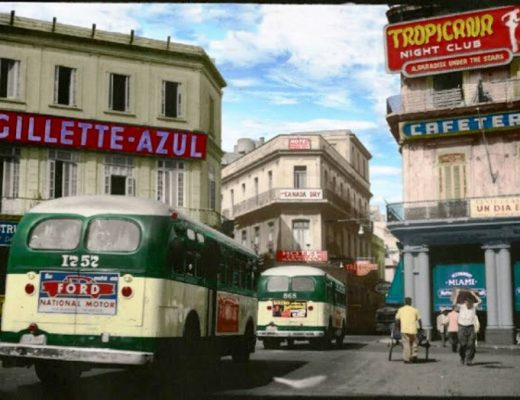
14ymedio, Pedro Corzo, Miami, May 26, 2024 — Cuba was not a paradise. It never was, but it was one of the countries with the best social and economic indexes in all of Latin America.
There were numerous problems, but more had been resolved than remained, although from my perspective, the military coup of March 10, 1952, which broke the constitutional rhythm, led to an imbalance that seriously affected the nation and facilitated the emergence of the totalitarianism in our country.
It is true that the 1940 Constitution had been reestablished in 1955. However, the political climate and coexistence were not the same again despite economic progress.
In the period prior to the triumph of the insurrection, the economic and social situation was in a clear process of improvement. So much so that Dr. Salvador Villa, in his book Cuba, Zenith and Eclipse, states: “many of us ourselves were unaware of the extent of the degree of development achieved compared to the rest of Latin America and the world and it is necessary to know and remember it,” with pride, to feel more Cuban.
We had broad economic freedoms and notable social mobility. Foreign investments were important and labor legislation was significantly positive, although it was not fully complied with.
The Constitution of 1940, a charter drawn up in a public assembly by all the country’s political forces, including the communists, established the division of public powers and their independence, along with social and economic prerogatives much more advanced than most other legislations of the hemisphere.
Minimum wages were set by joint commissions of employers and workers. It was prohibited to deduct workers’ wages or salaries; workers’ stipend had to be paid i


